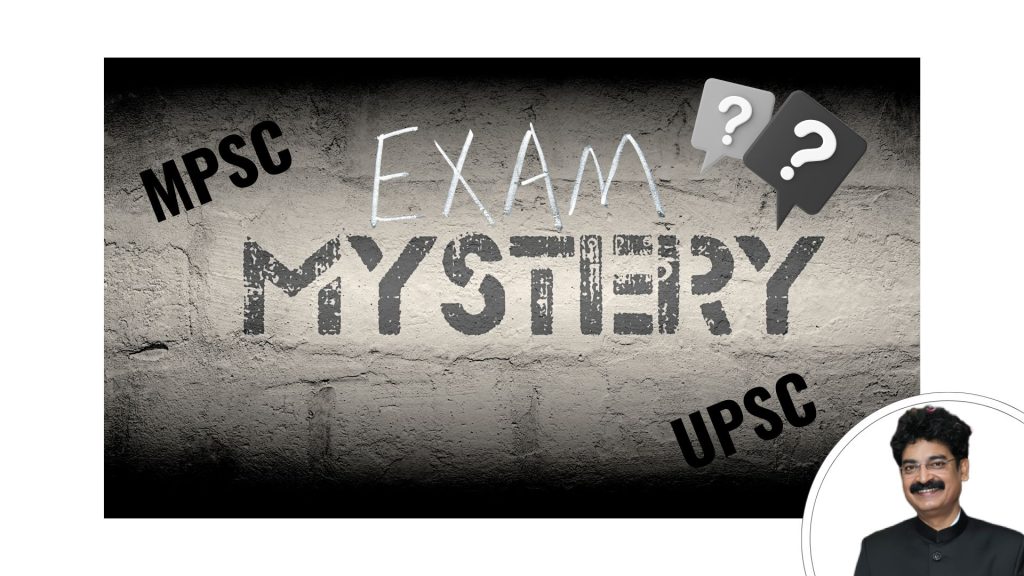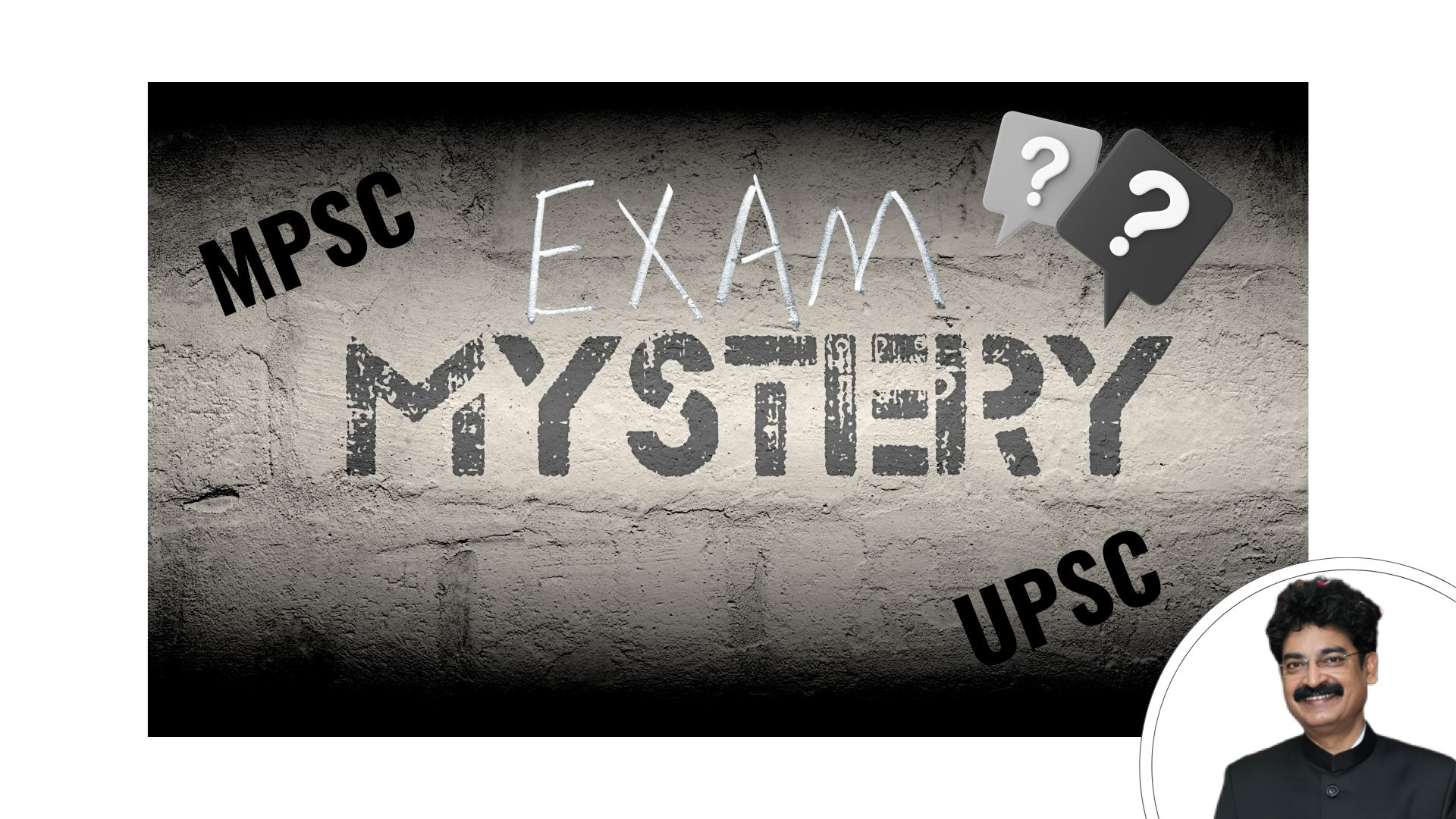Exam Patterns and Syllabus

Preparing for the MPPSC and UPSC exams might feel like a difficult task at first, but getting a clear understanding of their patterns, syllabus, and how the marking scheme works can make it easy for the students to understand the process. In this article, we’ll take a closer look at the MPPSC and UPSC exams, making sure to explain each part in an easy-to-understand way. The goal is to give you all the information you need so you can feel confident and ready to take these exams successfully.
The Madhya Pradesh Public Service Commission (MPPSC) and the Union Public Service Commission (UPSC) exams follow distinct patterns and syllabus.
MPPSC Exam Pattern:
The MPPSC exam comprises three stages: Preliminary Examination, Main Examination, and Interview. The Preliminary Examination is in objective format and acts as a screening test. It includes two papers: General Studies Paper-I and General Studies Paper-II (CSAT). The Main Examination is in written format and includes six papers: General Studies-I, General Studies-II, General Studies-III, General Studies-IV, Hindi, and a Hindi Essay. The Interview, the final stage, assesses the candidate’s personality, knowledge, and suitability for administrative roles.
MPPSC Syllabus:
The MPPSC syllabus includes a lot of topics like History, Geography, Indian Polity, Economy, Science and Technology, Environmental Studies, Current Affairs, and more. Moreover, candidates must be good in Hindi and has to prepare for a Hindi Essay paper the Main Examination.
UPSC Exam Pattern:
The UPSC exam has three parts: Preliminary Examination, Main Examination, and Personality Test (Interview). The Preliminary Examination has two papers: General Studies Paper-I and General Studies Paper-II (CSAT). The Main Examination is subjective and has nine papers, with seven compulsory and two optional. The Personality Test checks if candidates are suitable for administrative roles.
UPSC Syllabus:
The UPSC syllabus includes many subjects like History, Geography, Indian Polity, Economy, Science and Technology, Ethics, Integrity, and Aptitude, among others. Candidates also need to choose optional subjects for the Main Examination to focus on topics they’re interested in or know well.
Marking Scheme for MPPSC & UPSC Exams:
Both the MPPSC and UPSC exams give marks for correct answers. In the Preliminary Exam, each right answer gets one mark, but wrong answers might result in losing marks. In the Main Exam, marks are given based on the quality of answers. The Interview stage evaluates candidates on their personality, knowledge, and communication skills, giving marks accordingly. So, it’s important to provide accurate and detailed responses to score well in these exams.
Effective Ways to Plan Your Preparations for the Exams:
Understand the Exam Pattern: Familiarize yourself with the exam pattern, including the number of papers, marks distribution, and duration of each stage.
Master the Syllabus: Study the syllabus thoroughly, covering all topics completely. Concentrate on grasping concepts instead of just memorizing information.
Practice Regularly: Solve previous years’ question papers and mock tests to get an idea about your preparation level and improve your time management skills.
Stay Updated: Stay up to date with current events, both nationally and internationally, as well as important topics to effectively handle the General Studies sections.
Work on Your Weak Areas: Recognize your weak areas by seeking guidance from mentors, joining coaching classes, or utilizing online resources.
Revision is Key: Set aside enough time for revision to review what you’ve learned and remember important concepts effectively.
Practice Writing: Improve your writing skills for the Main Examination by regularly practicing essay writing, answering questions, and analyzing case studies.
In conclusion, it’s important for those getting ready for the MPPSC and UPSC exams to fully grasp how these tests work, what they cover, and how to prepare for them effectively. By having a good handle on these details and following a systematic approach to studying, candidates can feel more prepared to face the challenges and achieve their goals of serving the country in government positions. Remember, preparation is key, and with the right strategies in place, success is within reach for every aspirant.

Leave a Reply